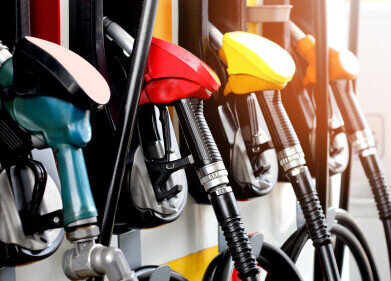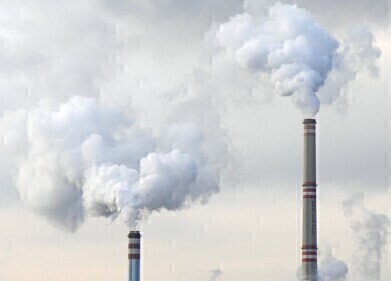Synthetic Fuels
What Exactly Does Synthetic Fuel Mean?
Nov 15 2022
Every year, the average petrol-powered passenger vehicle releases 4.5 metric tons of CO2 into the atmosphere. With an estimated 1.4 billion cars currently on roads across the globe, the total emissions are staggering. As world searches for new ways to slash emissions, synthetic fuel has emerged as an exciting solution. So, what exactly does synthetic fuel mean and how can it help address issues like global warming and air pollution?
Synthetic fuel: 101
Broadly speaking, synthetic fuel describes any fuel derived from a source other than natural resources like crude oil, coal and natural gas. However, as the industry gains momentum, the definition of synthetic fuel is becoming more precise. The terms “carbon-neutral fuels” and “e-fuels” are gaining popularity, which means synthetic fuels must have a minimal environmental footprint.
Ideally, synthetic fuels should meet the following criteria:
- Act as “drop in” fuels for existing combustion engines.
- Share the same physiochemical properties as regular fuels.
- Actively capture atmospheric CO2 and use it as a feedstock for manufacturing synthetic fuel.
- Use renewable energy such as solar or wind power to generate electricity used during the manufacturing process.
Using thermochemical cycles to manufacture e-fuels
In the 2022 edition of Synthetic Engineering Materials and Nanotechnology, author Ibrahim M. Alarifi introduces some of the most common techniques used to manufacture synthetic fuel. The list includes thermochemical cycles, which use high temperatures to split water into smaller hydrogen and oxygen atoms. Alarifi also spotlights solar-thermochemical cycles, which use sunlight to split H2O into hydrogen and oxygen.
Synthetic fuels take to the road, sky and ocean
Synthetic fuels aren’t just for passenger vehicles, with industries like shipping, ground transport and aviation also set to embrace this new generation of sustainable energy. French shipping company CMA CGM Group recently announced plans to launch seven vessels powered by biogas and synthetic methane.
Also called e-methane, synthetic methane is produced using hydrogen generated via electrolysis. The process uses electricity - ideally generated by renewable energy - to split water into hydrogen and oxygen. After the hydrogen has been isolated, it’s blended with atmospheric CO2 to create synthetic methane. The ships will service the French West Indies and will play an important role in helping the company achieve its Net Zero Carbon by 2050 target.
As the world pivots away from fossil-derived fuels, raw materials like algae are also being explored as potential feedstocks for biodiesel. Find out more from Koehler Instrument Company experts in ‘Latest Advances in Using Algae for Producing Biodiesel.’
Want to know more about synthetic fuel? We dig deeper into this new generation of eco-friendly fuel and take a closer look at some of the latest advances revolutionising the industry in ‘Synthetic Fuels - What, How & Why’.
Digital Edition
PIN 25.3 June/July
June 2024
Analytical Instrumentation - Recent Advances In Various Bench Scale Accelerated Oxidative Testing Methods For Fuels - Petrochemical Industry: Anton Paar Solutions Streamline Processes, Reduce H...
View all digital editions
Events
Jul 30 2024 Jakarta, Indonesia
Jul 30 2024 Jakarta, Indonesia
China Energy Summit & Exhibition
Jul 31 2024 Beijing, China
Jul 31 2024 Chengdu, China
Aug 05 2024 Moon Township, PA, USA



















